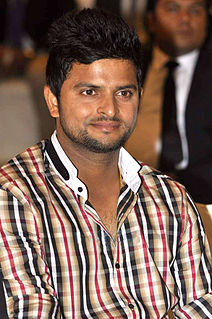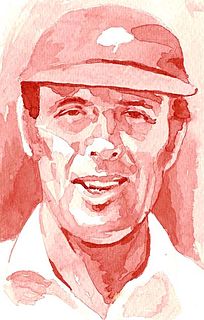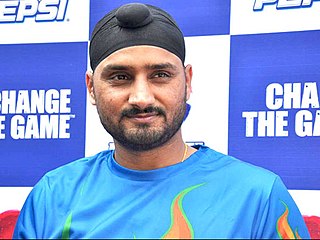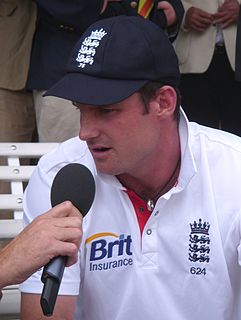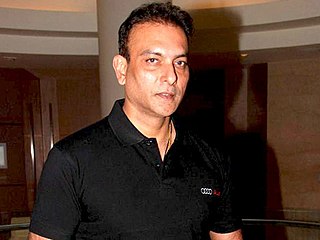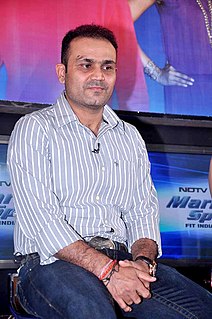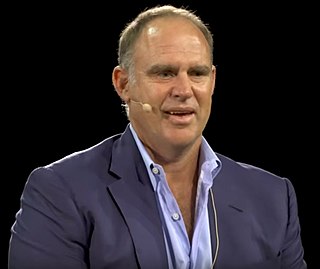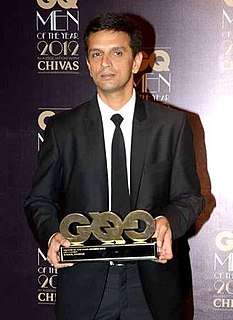A Quote by Sourav Ganguly
English conditions have changed over the years. Lots of runs are being scored in one-day cricket now in England, pitches are good for batting.
Related Quotes
The real debate isn't over National League MVP, but over which of Barry Bonds' seasons should be considered his finest. There's 2001, when he hit his record seventy-three home runs. There's 2002, when he hit .370 and won his first batting title. And now there's 2004, when the San Francisco Giants slugger is preparing to shatter his season record for on-base percentage, hitting for nearly as high an average as Ichiro and missing fewer pitches than ever.
For a spinner growing up in England, it is challenging to become an off-spinner. The line and length needs to be altered on each of the four days of county cricket or five days of Test matches. The pitches in England don't have a set pattern. It changes with each day, and accordingly, the length varies.
From an England point of view they have put money into white-ball cricket because our performances in World Cups has not been good enough, I understand the reasons for that. But we have to be careful not to go too one-day, we have to find a balance because there is such a legacy of Test cricket in this country and we can't lose that.

